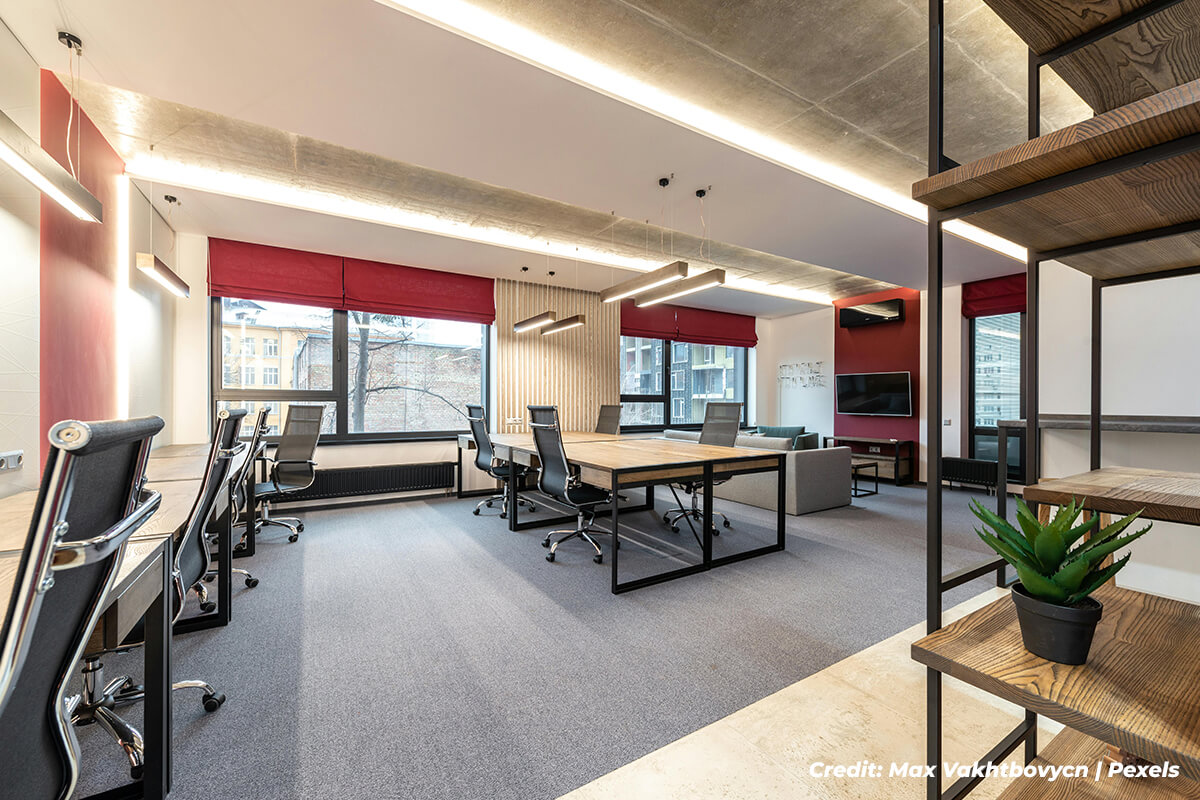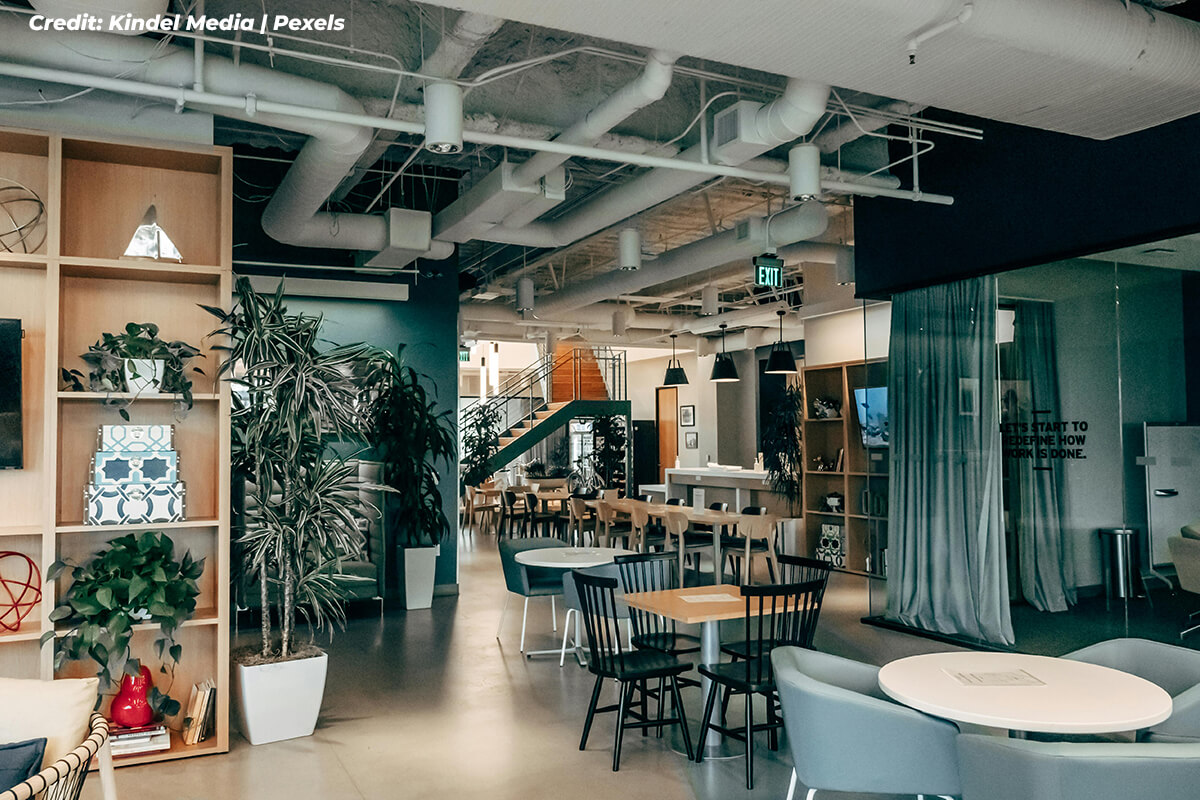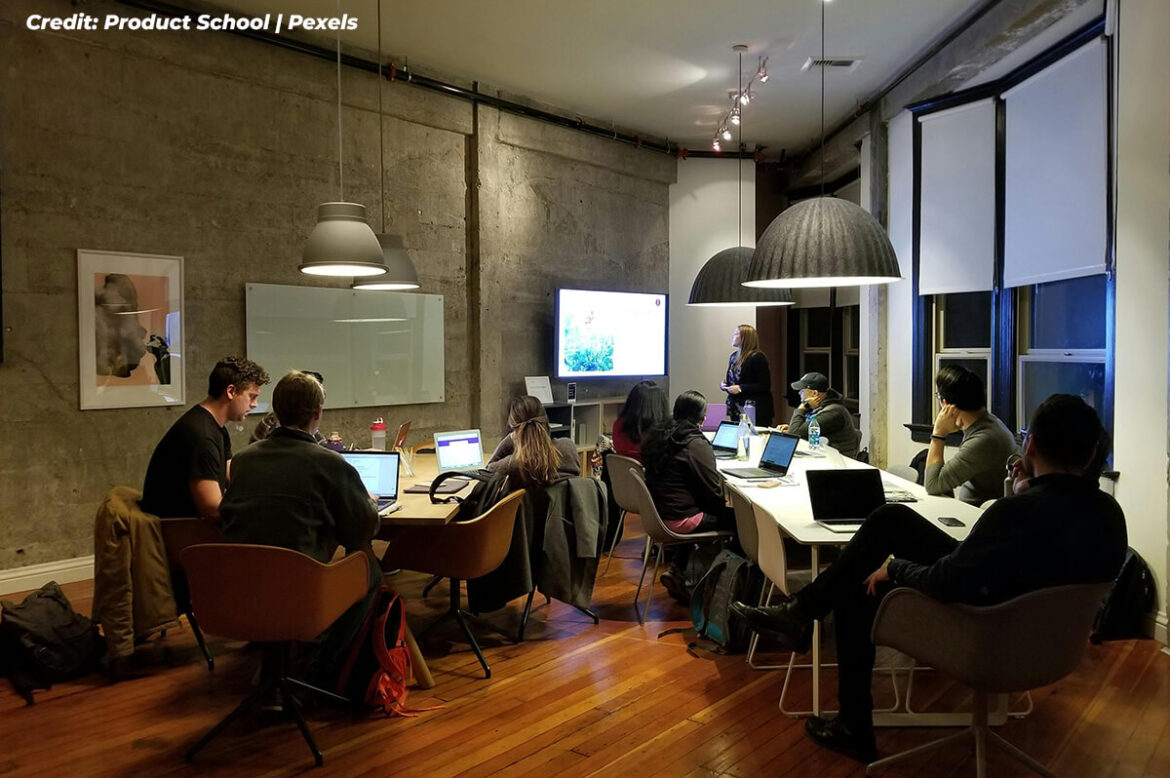Flooring is more than just a surface to walk on—it’s a foundational element of a brand’s identity, a key component of the customer experience, and a long-term operational asset. For years, businesses with heavy foot traffic, such as retail boutiques, bustling restaurants, and corporate lobbies, were limited to conventional choices like commercial carpet, vinyl tile, or concrete. Today, a more elegant and powerful contender has taken center stage: engineered hardwood.
Once considered primarily for residential use, modern engineered hardwood has evolved into a robust, versatile, and sophisticated solution perfectly suited for the demands of a high-traffic commercial environment. It offers the timeless beauty of real wood without the traditional drawbacks, providing a unique combination of performance, aesthetics, and value. Here are eight compelling reasons why savvy business owners and facility managers are making the switch.

1. Unmatched Dimensional Stability
The number one enemy of traditional solid hardwood in a commercial setting is environmental fluctuation. Constant foot traffic, frequent door openings letting in outside air, and powerful HVAC systems create swings in temperature and humidity that can cause solid wood to warp, cup, or gap. Engineered hardwood is specifically designed to combat this. Its core is constructed from multiple layers of plywood or high-density fiberboard bonded together in a cross-grain pattern. This structure counteracts the natural tendency of wood to expand and contract, resulting in a floor that remains flat and stable year-round. This inherent stability makes it ideal for installation over concrete slabs, which are common in commercial buildings and can transmit moisture.
2. Superior Durability and Finish
The idea of wood in a high-traffic area might seem counterintuitive, but the secret to engineered hardwood’s resilience lies in its factory-applied finish. Unlike a finish applied on-site, these technologically advanced coatings are cured under UV lights in a controlled environment. They often contain multiple layers of an aluminum oxide or ceramic-infused urethane finish, creating an incredibly tough, abrasion-resistant surface. This commercial-grade topcoat is designed to withstand the daily assault of thousands of footsteps, rolling carts, and scuffing shoes, protecting the real wood veneer underneath and keeping the floor looking newer for longer.
3. Cost-Effectiveness Without Compromise
While some premium engineered hardwood options carry a higher initial price tag than basic commercial flooring like VCT (Vinyl Composition Tile), they represent a far greater long-term value. The exceptional durability means less frequent need for replacement or major refinishing, saving significant capital expenditure over the life of the space. Furthermore, its simple maintenance requirements reduce ongoing operational costs for cleaning supplies and labour. When you factor in the longevity and the elevated brand perception it provides, engineered hardwood proves to be a wise and cost-effective investment for any forward-thinking business.
4. Aesthetic Versatility and Brand Image
Flooring is a powerful tool for branding. It sets the tone for a customer’s experience from the moment they walk in the door. Engineered hardwood delivers the authentic, natural beauty that no imitation product can truly replicate. It is available in an enormous range of species (from classic Oak to exotic Tigerwood), textures (from smooth to hand-scraped or wire-brushed), plank widths, and colours. This versatility allows businesses to curate the perfect atmosphere. A rustic, wide-plank oak can create a warm, inviting feel for a café or boutique, while a sleek, dark-stained maple can convey sophistication and luxury in a corporate headquarters or high-end salon.
5. Installation Flexibility
Downtime is lost revenue. Engineered hardwood offers installation methods that are significantly faster and less disruptive than many traditional options. It can be glued down, nailed down, or—most advantageously for many businesses—installed as a “floating” floor. A floating installation allows the planks to be clicked together over a cushioned underlayment without being permanently fixed to the subfloor. This method is fast, requires minimal subfloor preparation, and means the floor can be walked on almost immediately, minimizing disruption to business operations.

6. Simplified Maintenance and Cleaning
In a busy commercial environment, ease of maintenance is paramount. Unlike commercial carpet that traps allergens and requires costly deep steam cleaning to remove stains and embedded dirt, engineered hardwood is remarkably easy to care for. A daily sweeping or dust mopping with a microfiber tool is all that’s needed to handle dust and debris. For deeper cleaning, a simple damp mop with a professional-grade, pH-neutral hardwood cleaner is sufficient. This simple regimen keeps the floor sanitary and looking its best without the need for specialized equipment or harsh chemicals.
7. Improved Acoustics
The acoustic profile of a space significantly impacts the comfort of both customers and employees. Hard surfaces like concrete or ceramic tile can create a harsh, loud environment where sound echoes and reverberates. Engineered hardwood, especially when paired with a high-quality acoustic underlayment, helps to absorb sound and reduce ambient noise. This creates a more pleasant, quieter atmosphere, which can be a major advantage in restaurants, open-plan offices, and retail stores where a calm and focused environment is desired.
8. Sustainability and Air Quality
Modern consumers and employees are increasingly conscious of the environmental and health impacts of the spaces they occupy. Engineered hardwood is a strong choice for sustainability. It uses fast-growing, renewable wood for its inner core and only a thin layer of the slower-growing, premium hardwood for the top veneer, making it a more resource-efficient product than solid hardwood. Furthermore, many leading manufacturers offer products that are certified by the Forest Stewardship Council (FSC) and use low-VOC (Volatile Organic Compound) finishes and adhesives. Choosing these options ensures better indoor air quality, contributing to a healthier environment for everyone who walks through your doors.
The Clear Choice for Modern Businesses
Engineered hardwood flooring successfully bridges the gap between aesthetic aspiration and practical necessity. It offers the undeniable warmth and class of real wood, fortified with the stability, durability, and ease of maintenance required to thrive in a demanding commercial setting. By investing in this versatile solution, businesses are not just installing a floor; they are making a strategic decision to enhance their brand, improve their customers’ experience, and secure a long-lasting, high-performance asset.
Transform your commercial space with the beauty and resilience of engineered hardwood. Contact the experts at Capital Hardwood Flooring at 416-536-2200 to explore the possibilities for your business.
